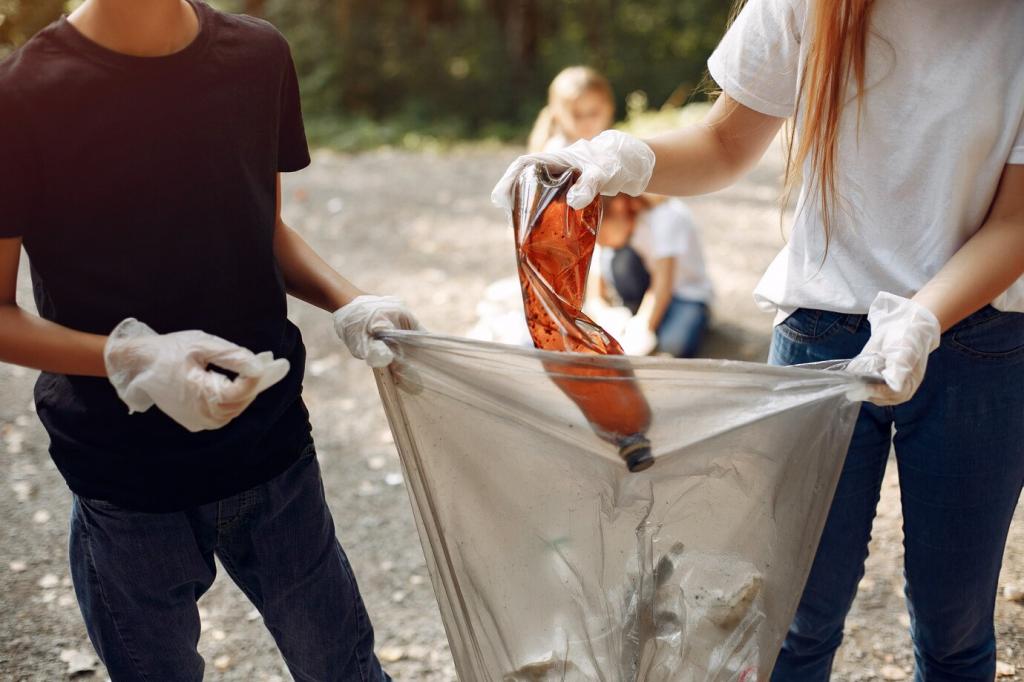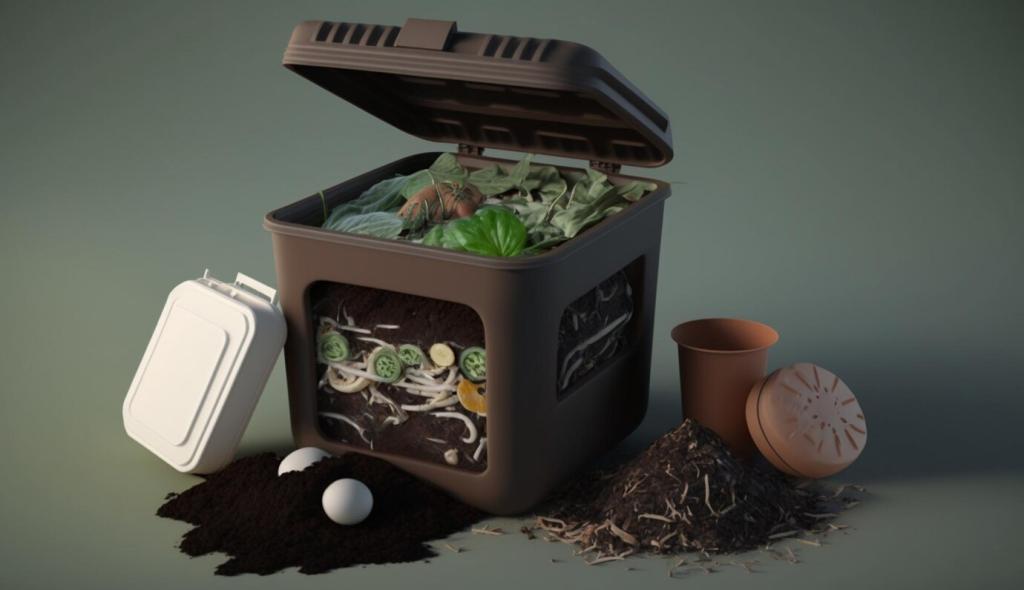Troubleshooting and Safety in Small Spaces
Odors usually signal too much nitrogen or moisture. Add carbon, mix gently, and reduce wet inputs temporarily. Check seals and wipe rims. Describe your setup in the comments, and we’ll help diagnose the cause and offer a clear, step-by-step fix.
Troubleshooting and Safety in Small Spaces
Bokashi and worm bins can produce liquid. Drain or absorb it promptly, and never pour concentrated leachate on houseplants without dilution. Keep a towel or tray beneath bins. Ask for our quick moisture checklist to keep conditions balanced without fuss.
Troubleshooting and Safety in Small Spaces
Avoid large amounts of meat, dairy, oils, and heavily sauced leftovers in most apartment systems. They increase odor and invite pests. When unsure, freeze and bring to a municipal program. Comment a tricky item, and we’ll suggest the safest, apartment-friendly route.
Troubleshooting and Safety in Small Spaces
Lorem ipsum dolor sit amet, consectetur adipiscing elit. Ut elit tellus, luctus nec ullamcorper mattis, pulvinar dapibus leo.








